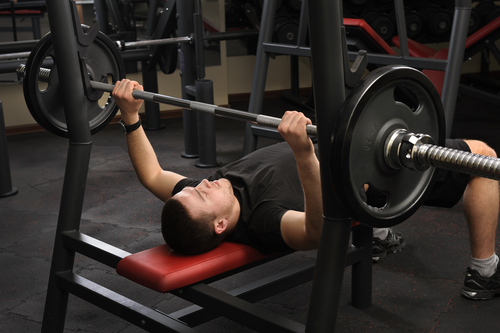Mar 17, 2017Quality Over Quantity
Many athletes feel that they need to be breathless and worn out at the end of a practice session if they are going to truly improve in their sport. And this may be a learned perspective, as many coaches and parents think likewise.
There is no question that athletes have to learn to persevere when they start to lose momentum. But the authors at International Youth Conditioning Association (IYCA) say that conditioning should not be the main goal at every practice. Athletes first need to strengthen specific skills and ability before they tire themselves out.
“While I am certainly never opposed to high-intensity training and conditioning, this is VERY different than speed/power/technique training (QUALITY), so you first need to understand the goal, then match the training to get the effect you’re looking for,” write the IYCA authors in a blog. “To begin, we need to understand the role fatigue plays in a training session, and we need to understand that training the nervous system and the cardiovascular system are very different.”

Being tired makes it hard to do one’s best. Because of this, when learning a new technique or training your body to accelerate, it is important to rest between each set so you can give 100% effort on the next repetition. Otherwise, form will begin to fail and your body will be learning incorrect techniques.
“For example, an athlete can jump as high as possible 4-6 times before their jump height starts to drop,” write the IYCA. “After that, the nervous system can’t maintain that level of intensity, and performance drops off dramatically. If you rest for a minute or two, you can recover and perform another 4-6 maximal jumps again. But, if you only rest 15-20 seconds, you won’t be able to fully recover and you won’t jump nearly as high. In other words, you won’t be able to maintain QUALITY because of fatigue.”
Spending the majority of time in practice on conditioning will put athletes in fantastic cardiovascular shape, but the skills they are performing will not be as strong as is wanted. However, once the nervous system is fully trained to a specific technique, conditioning becomes important in helping athletes to perform a specific skill set repeatedly.
“You first need to fully develop the nervous system (speed, power and skill),” write the authors at IYCA. “THEN you condition the cardiovascular system to the point where you can demonstrate those qualities over and over again.”



